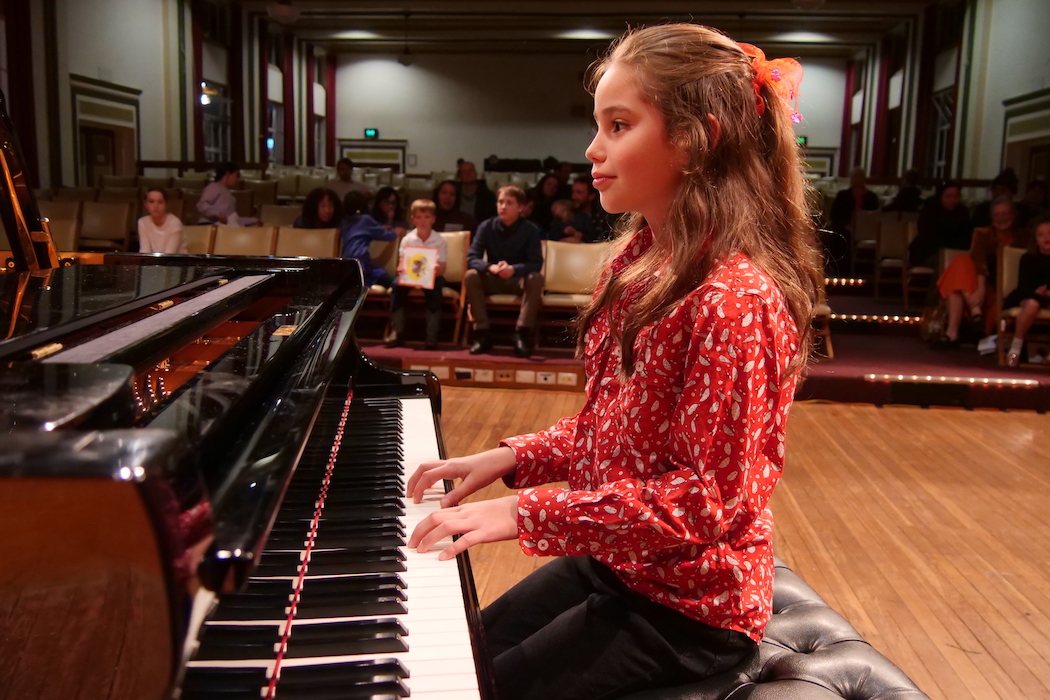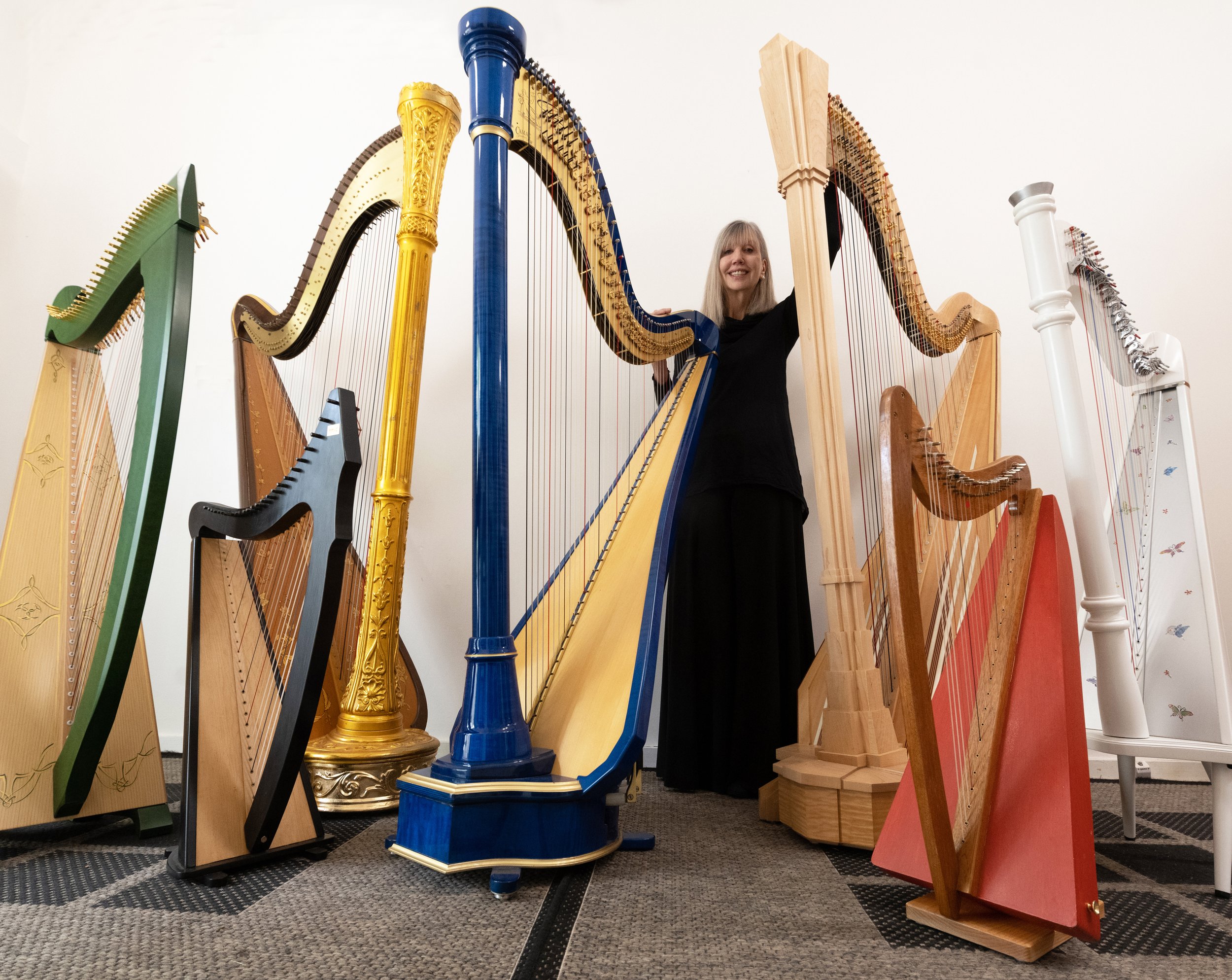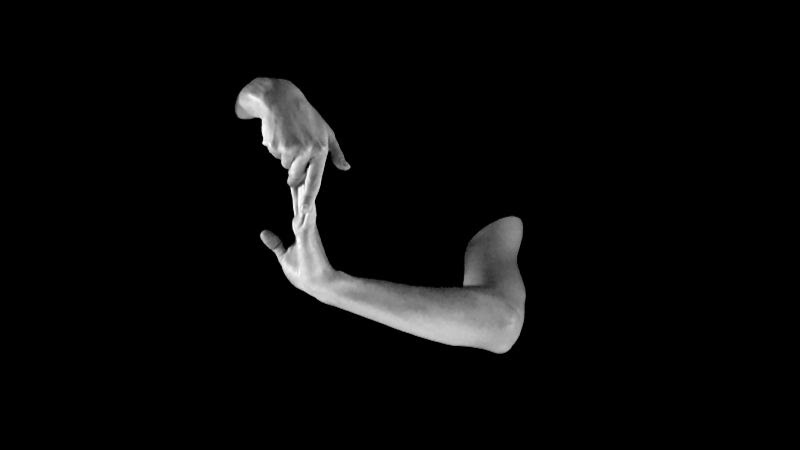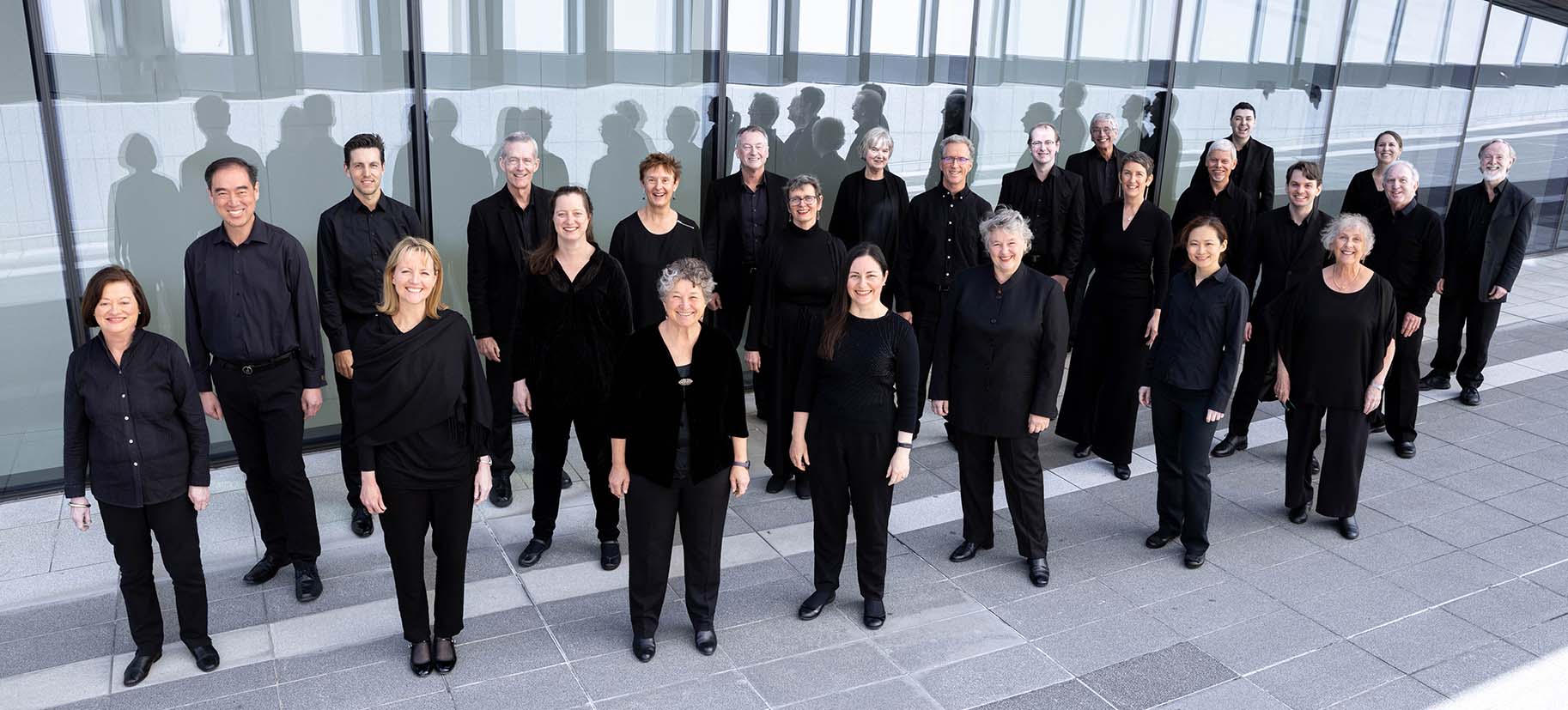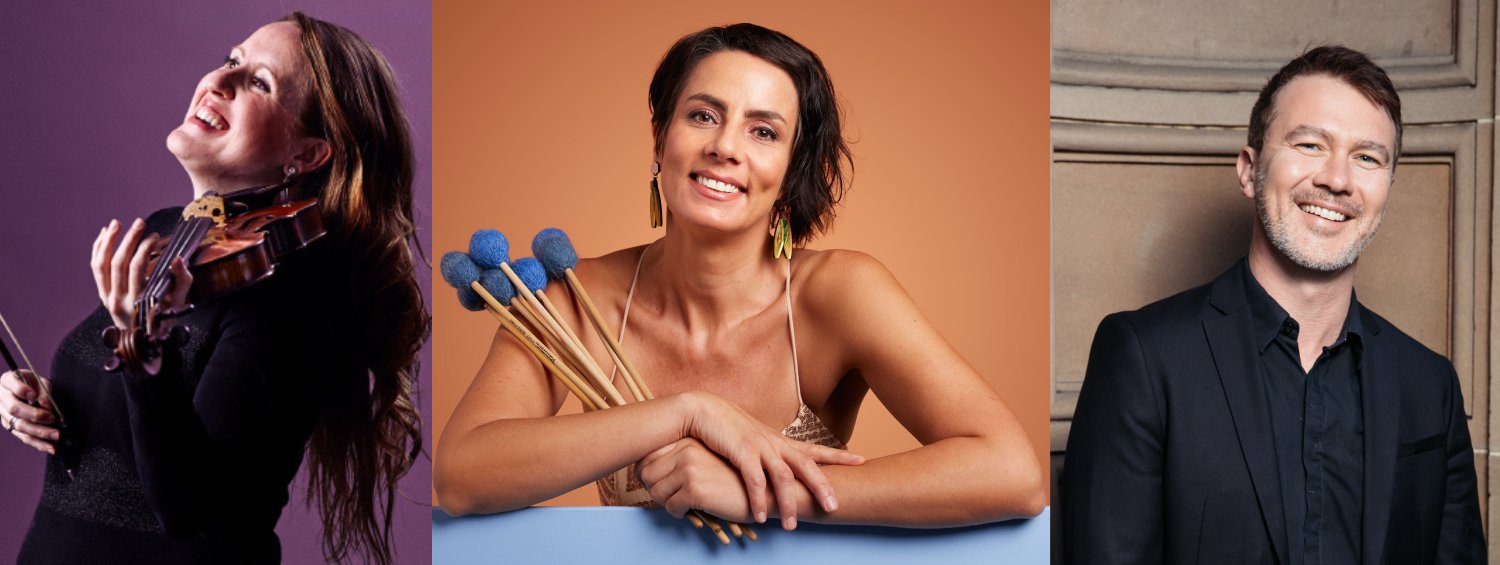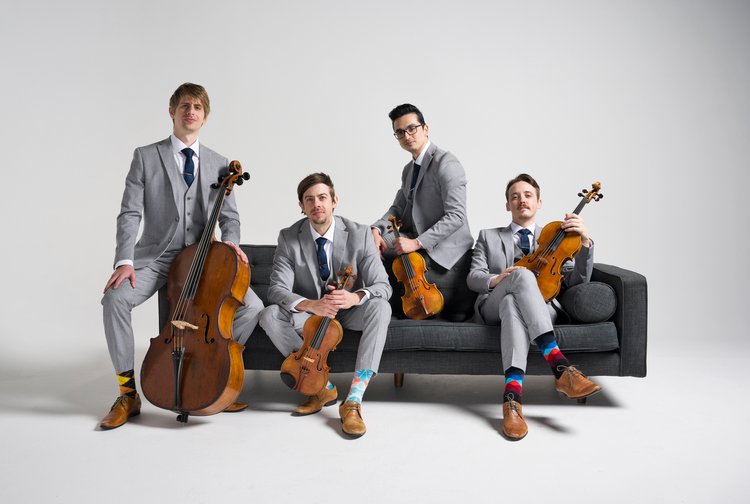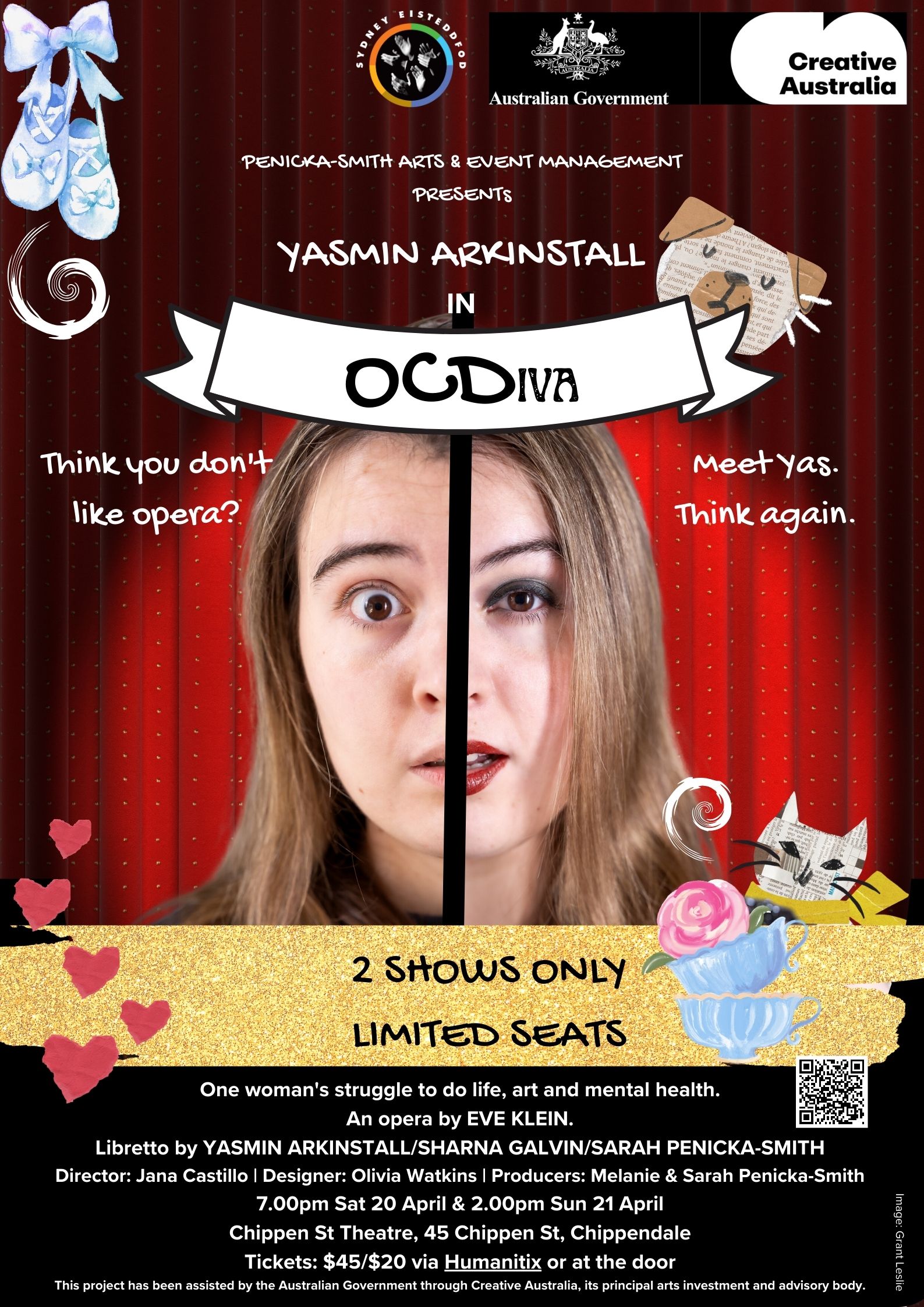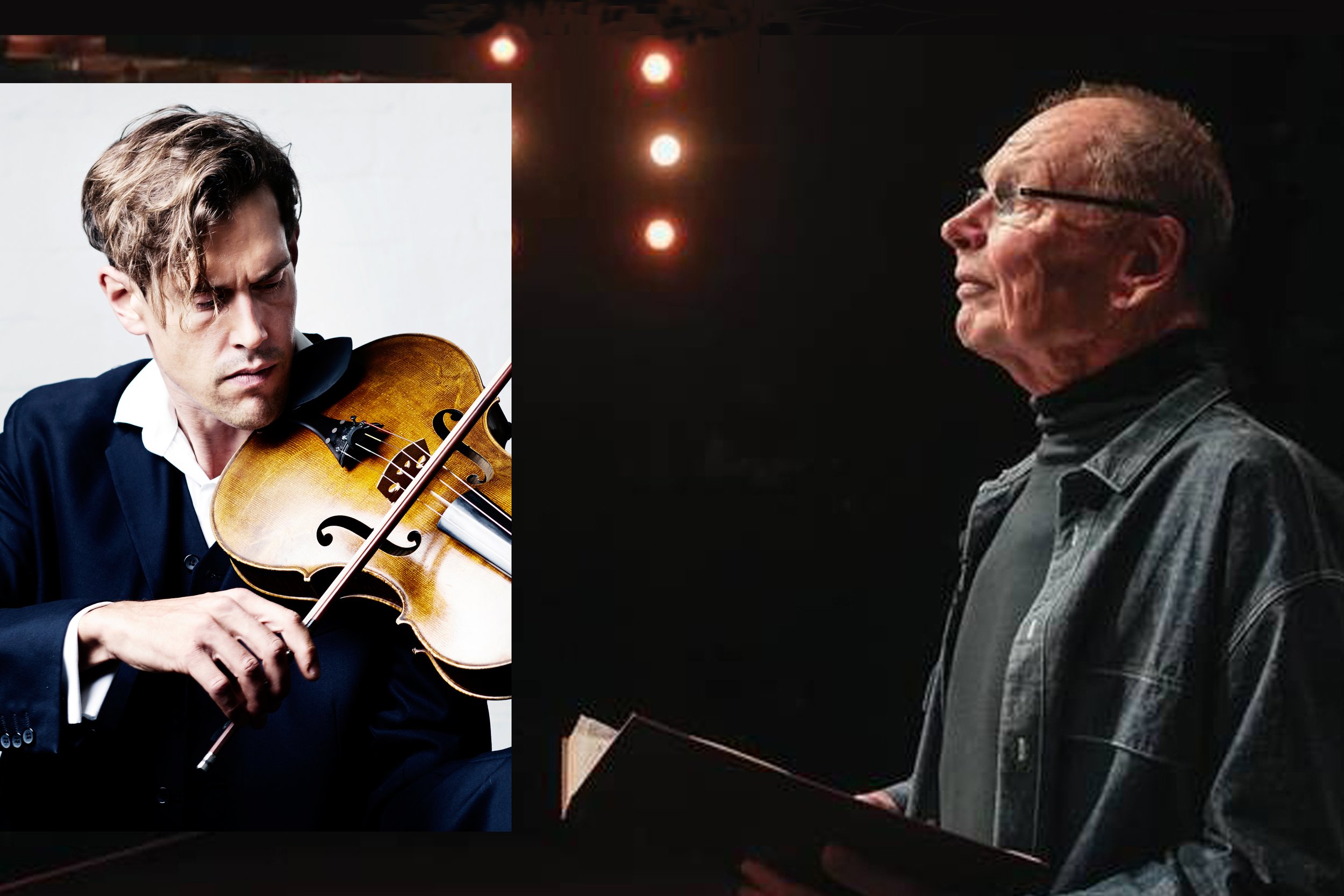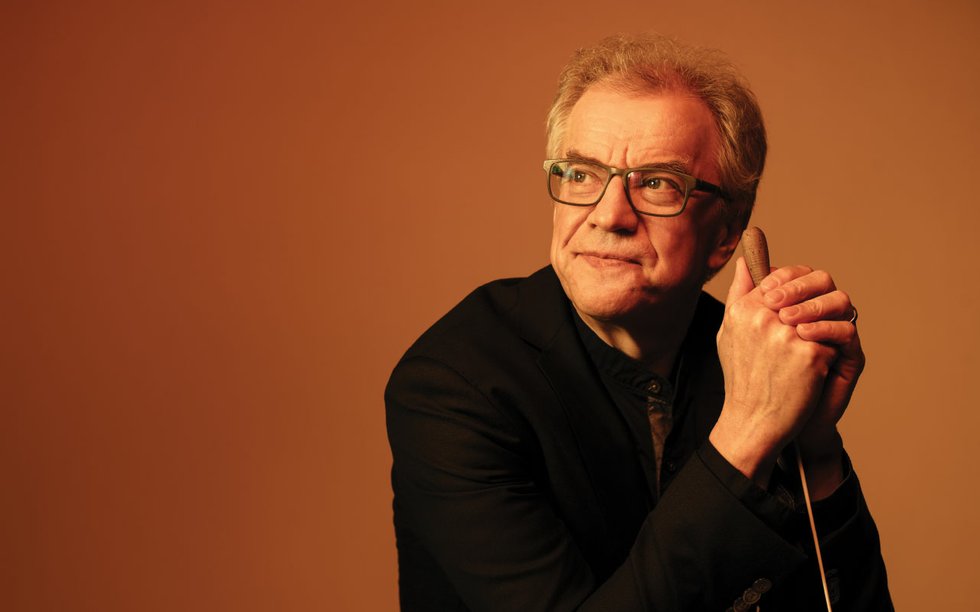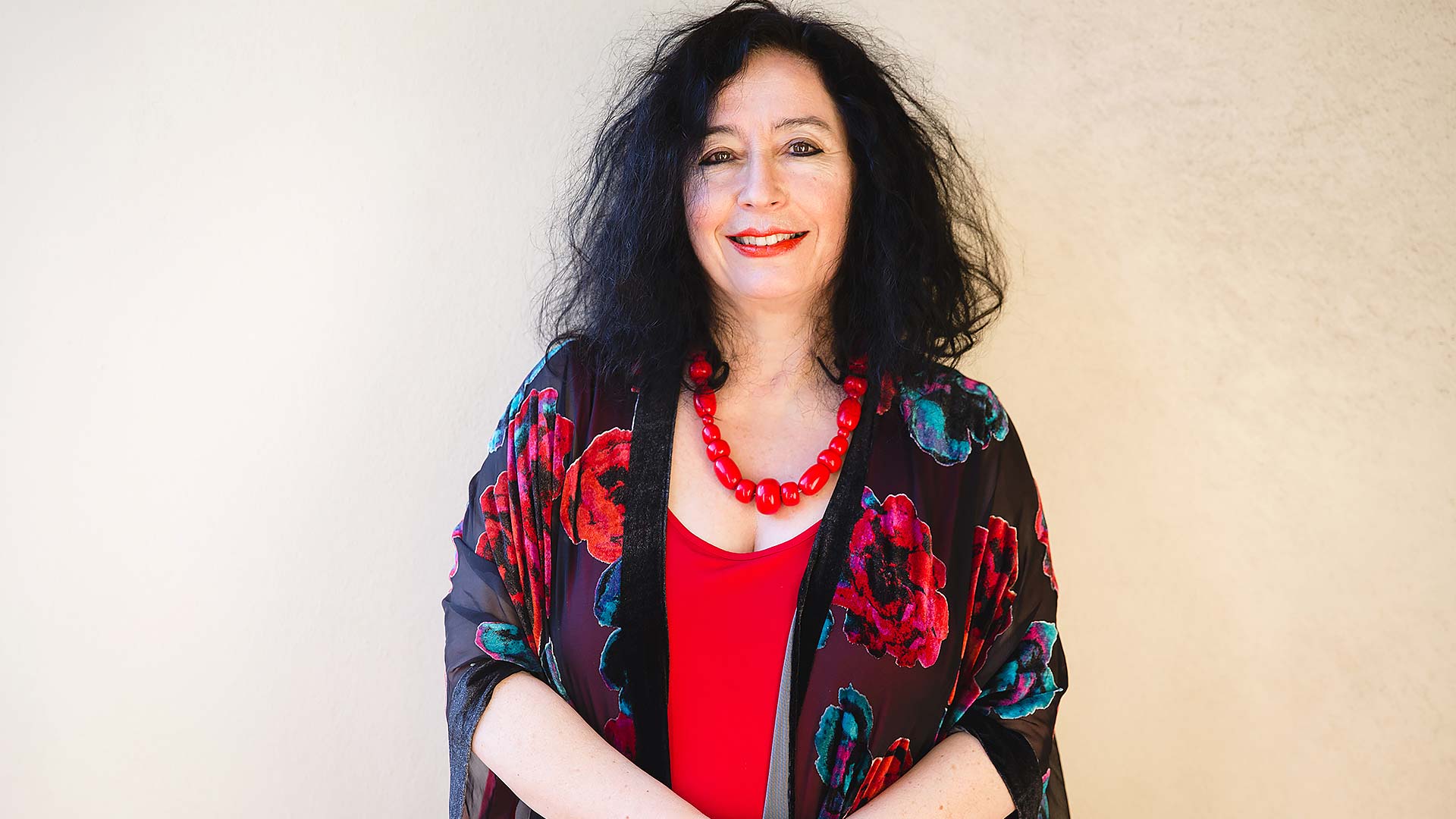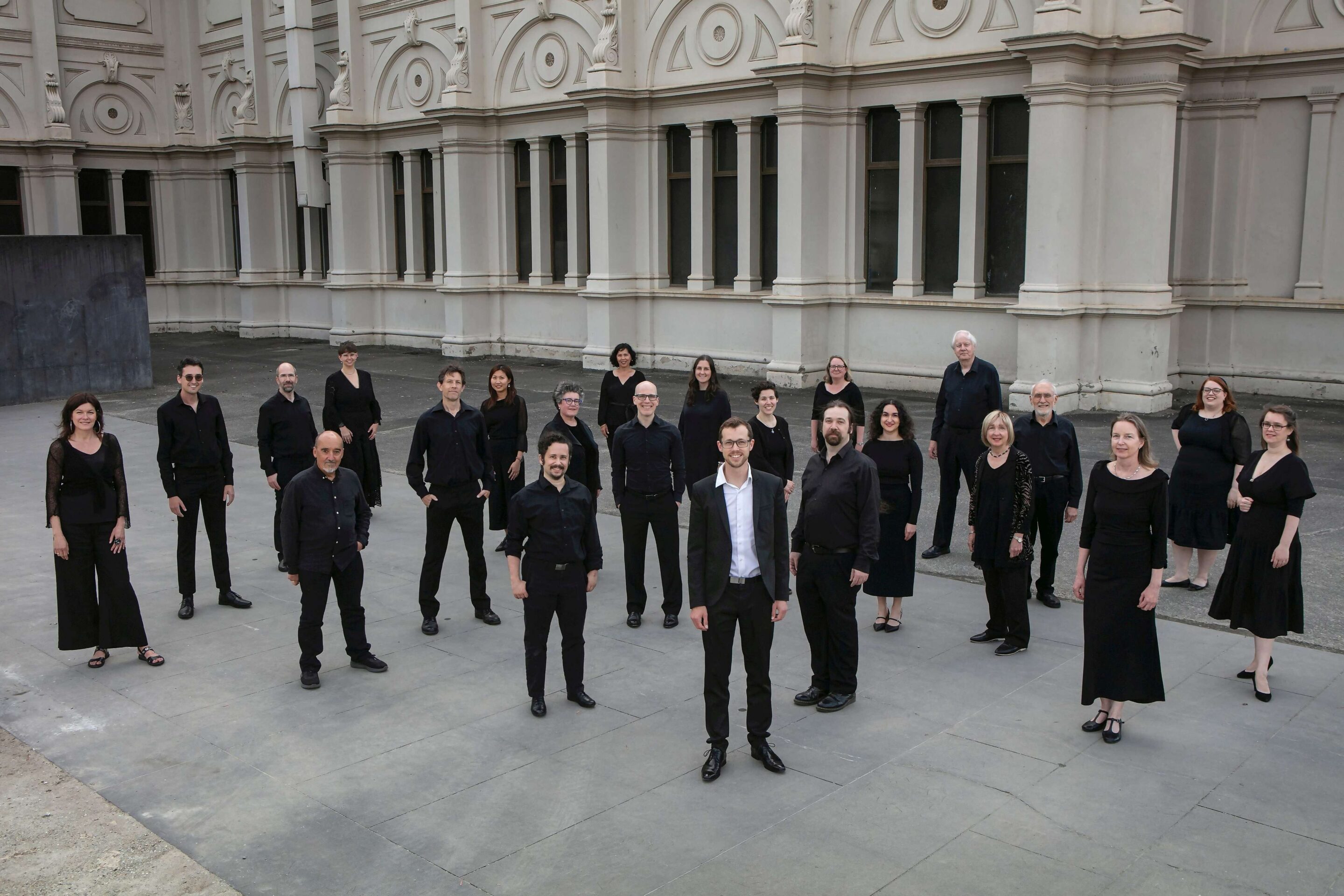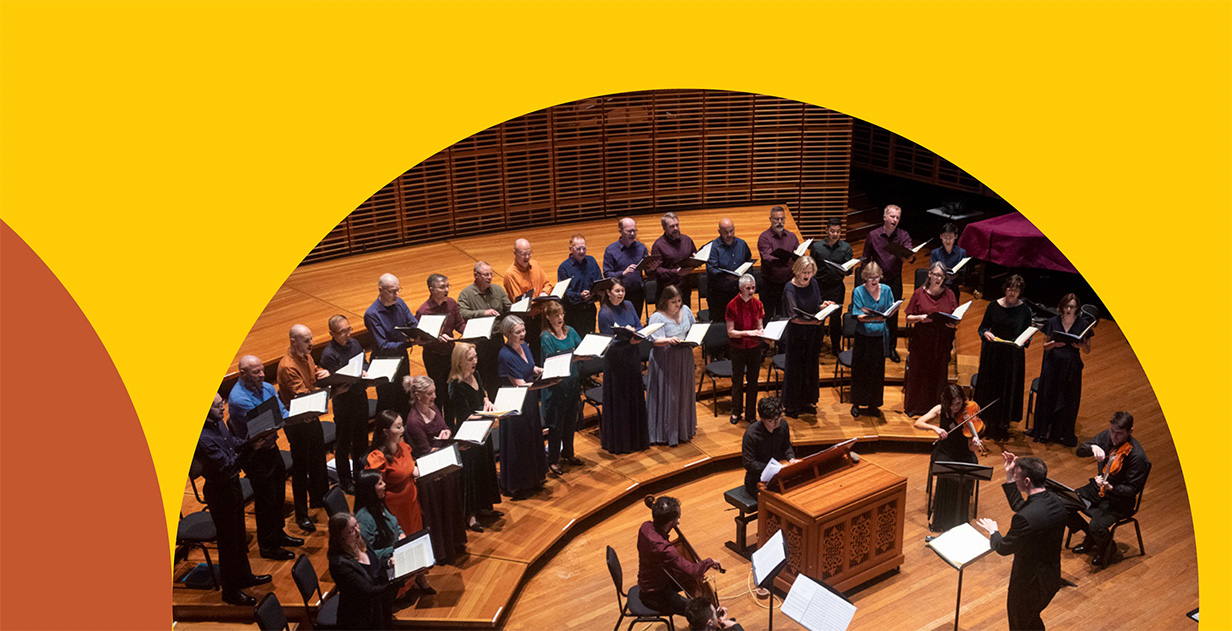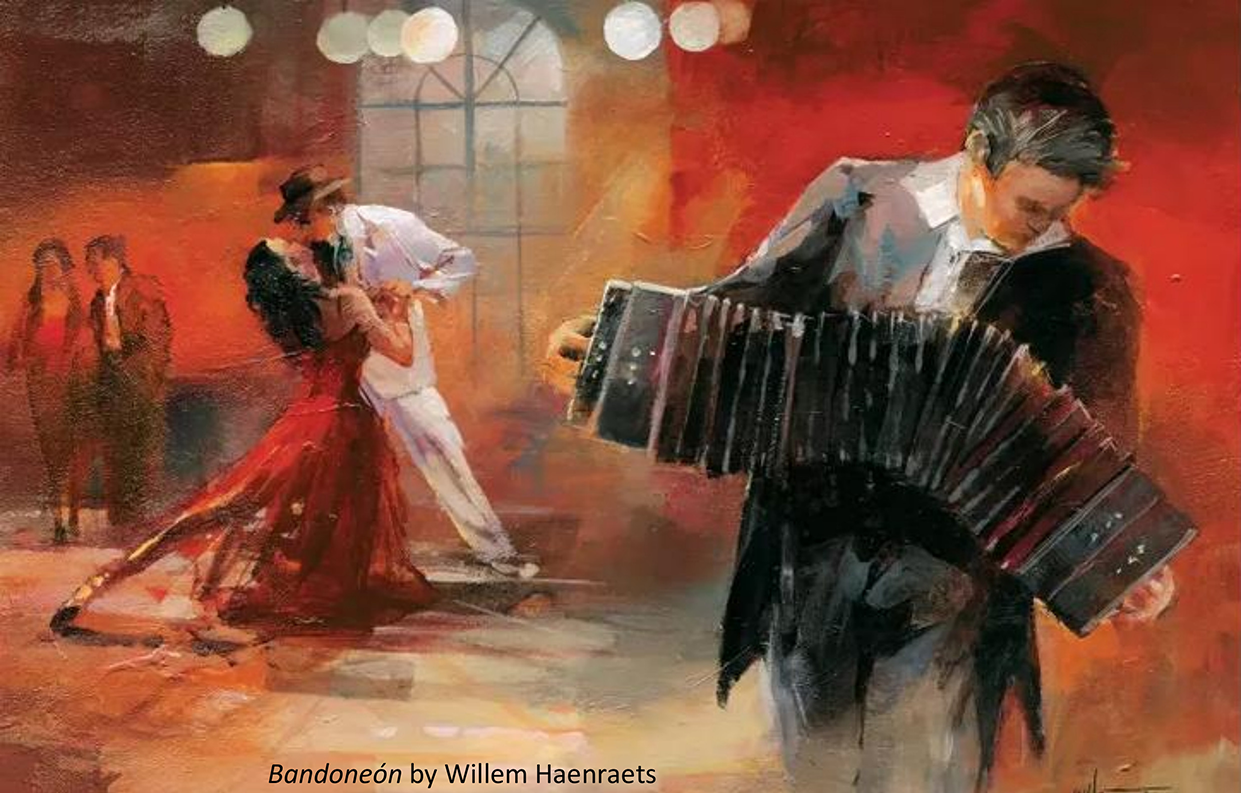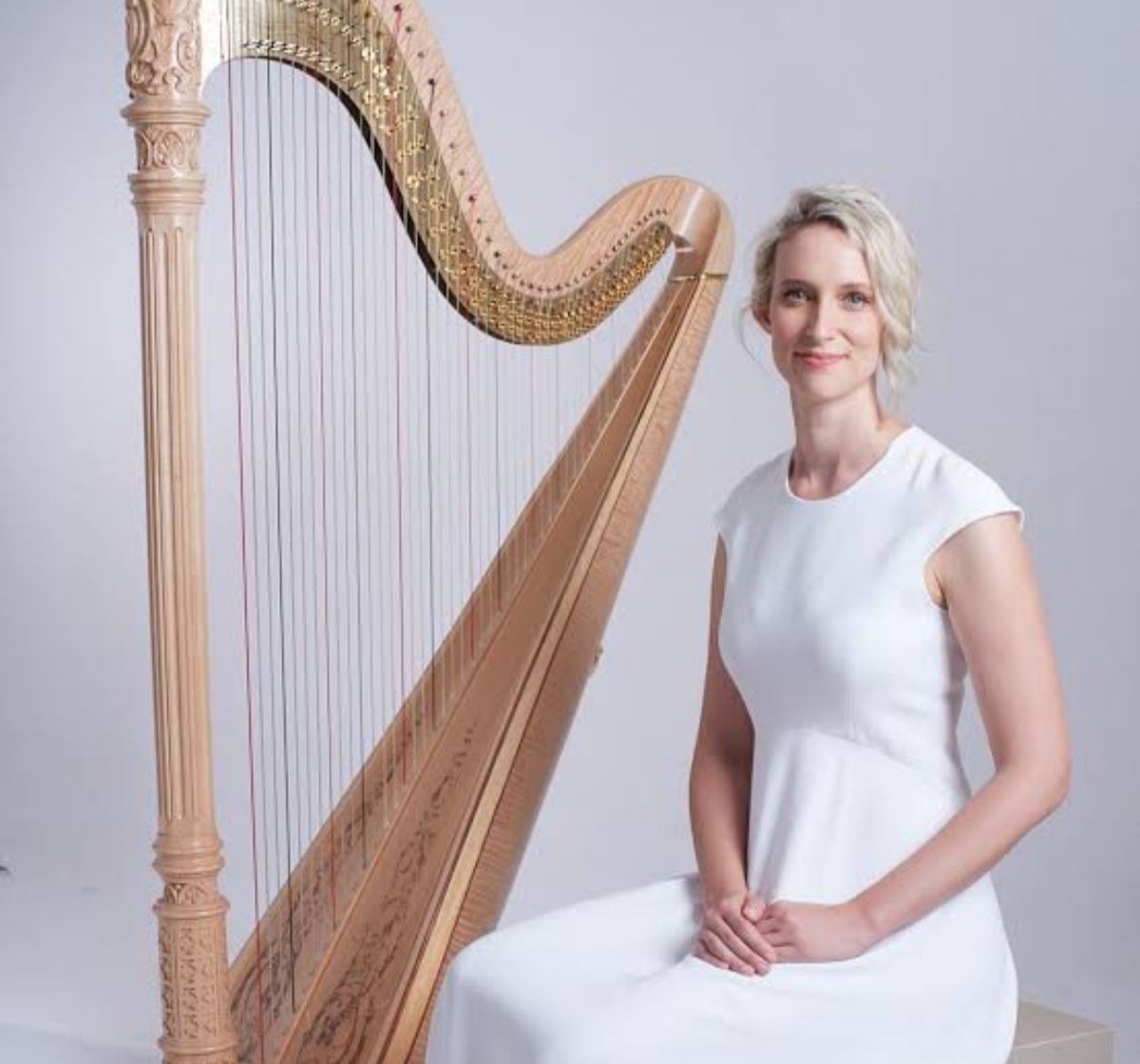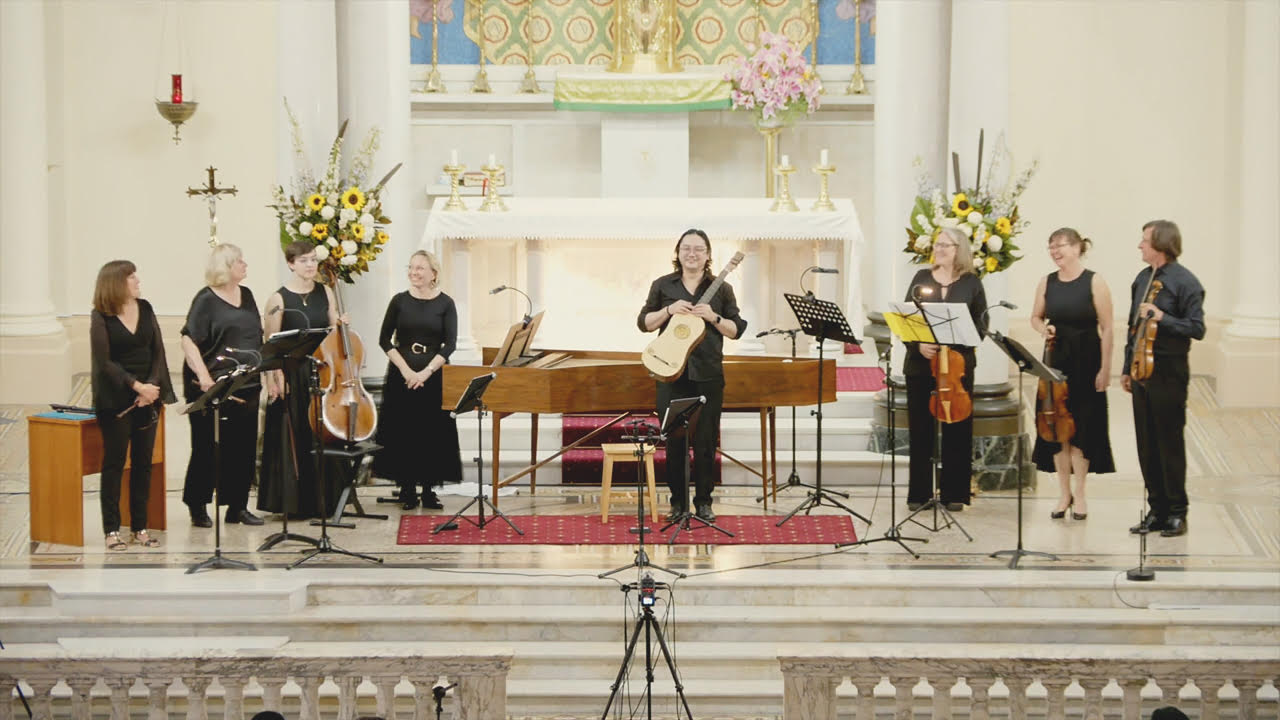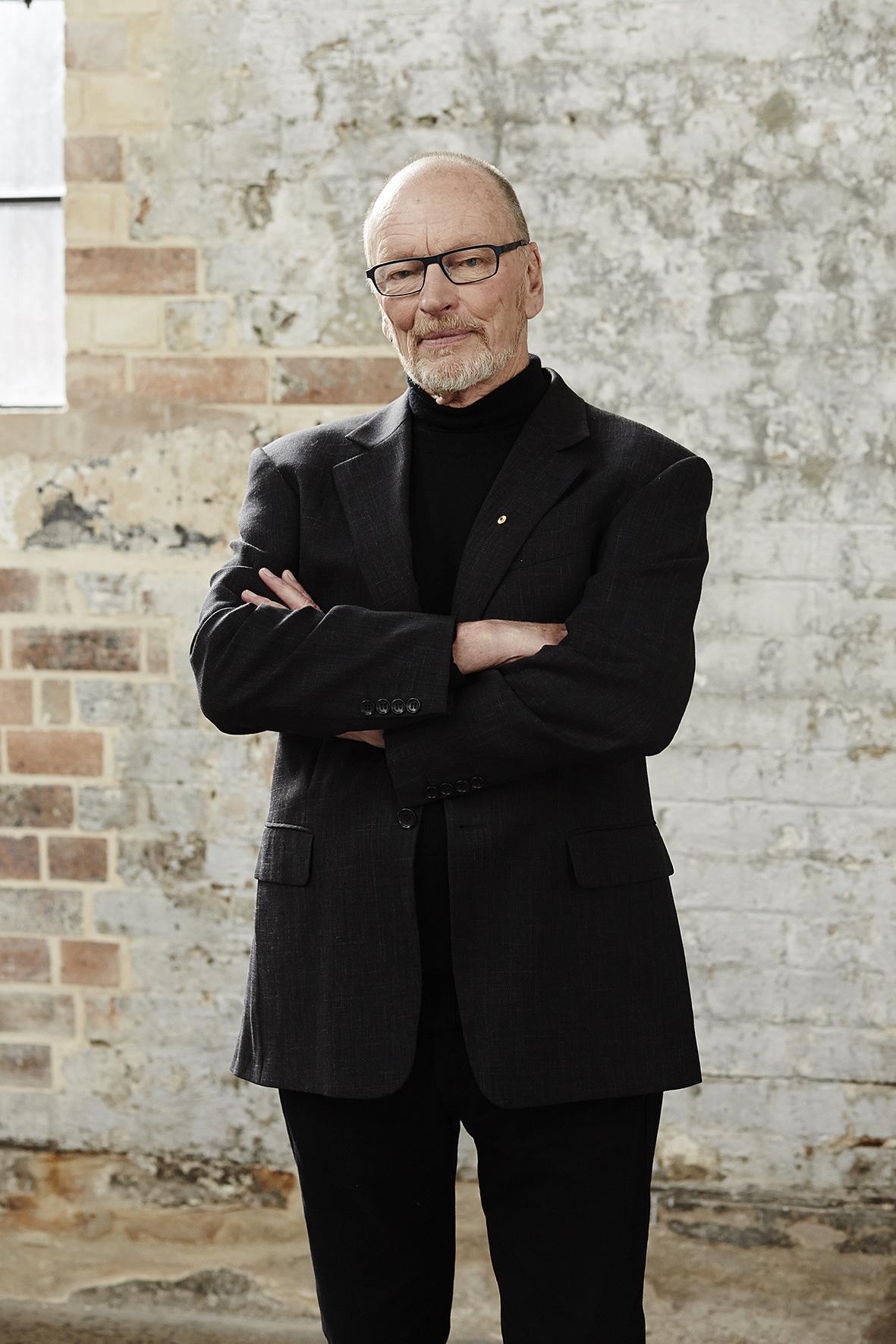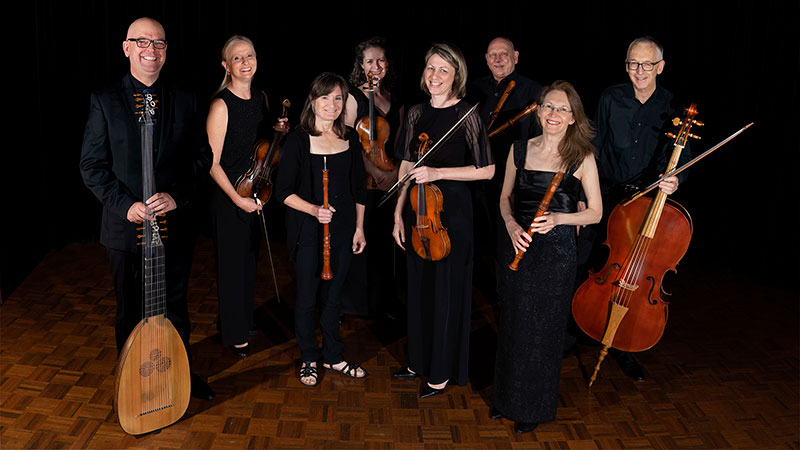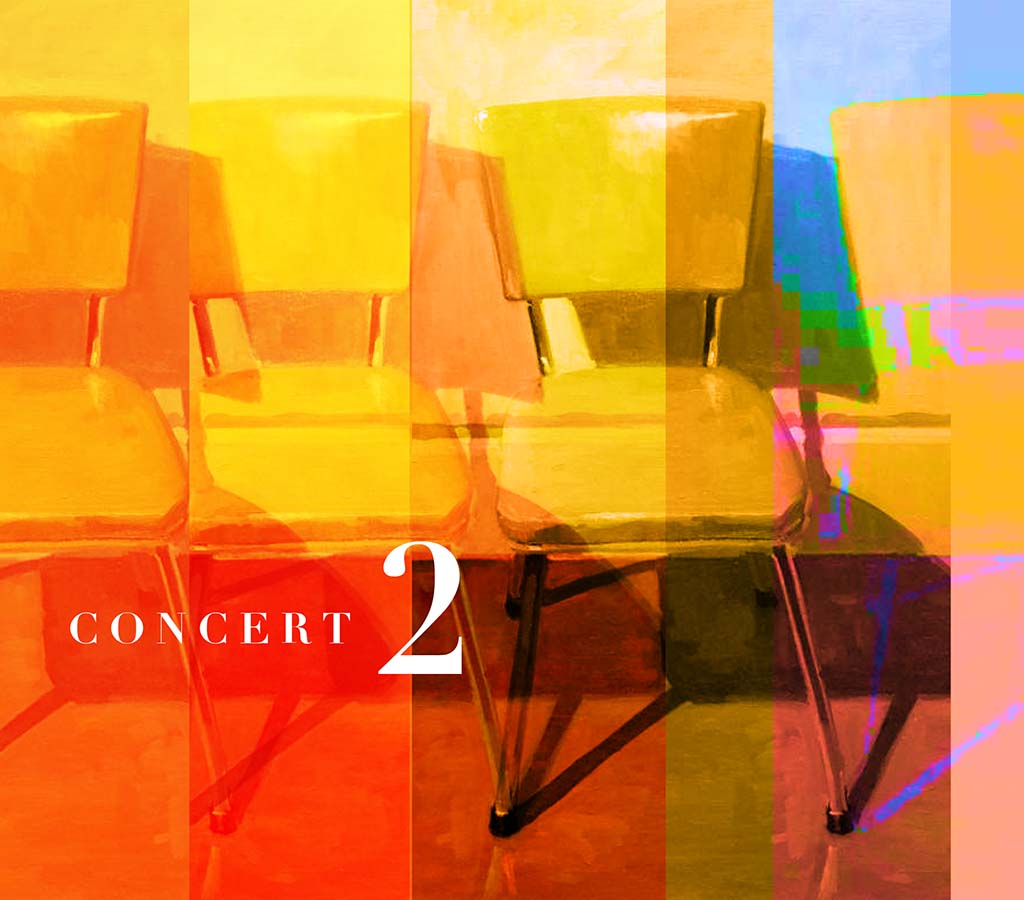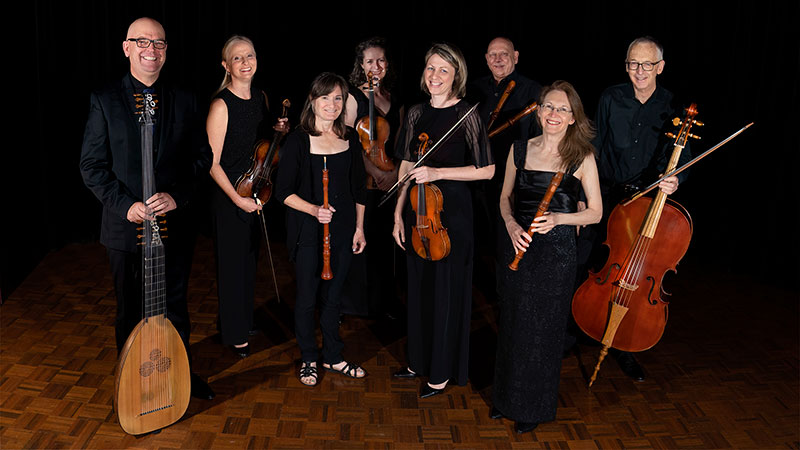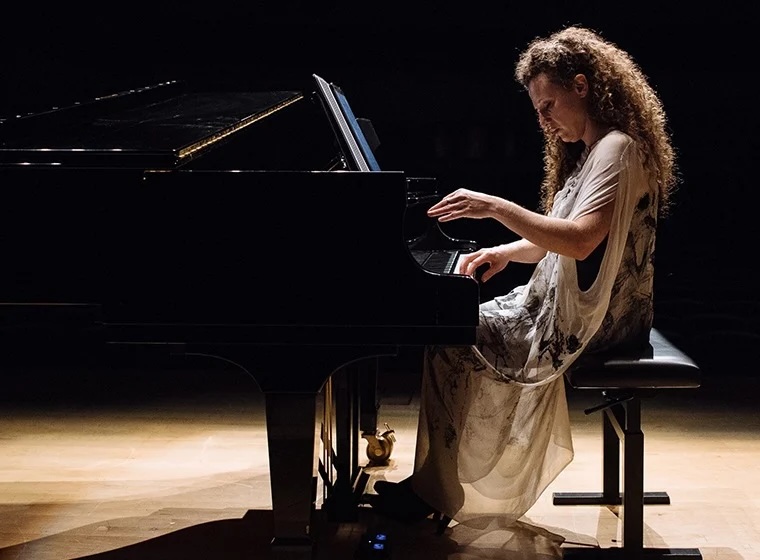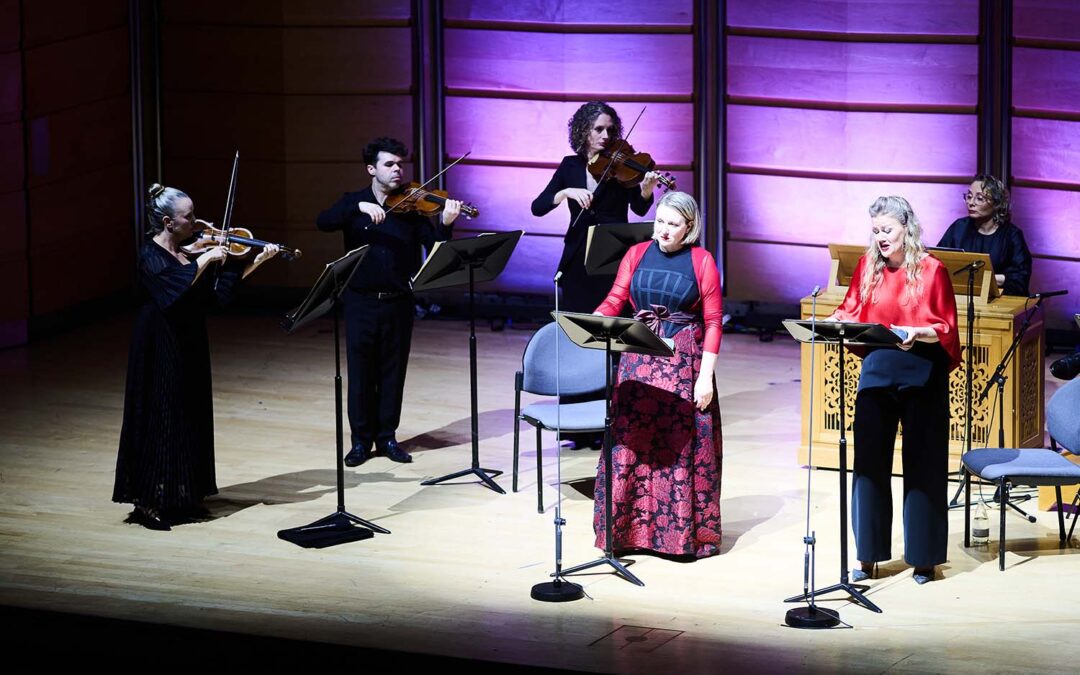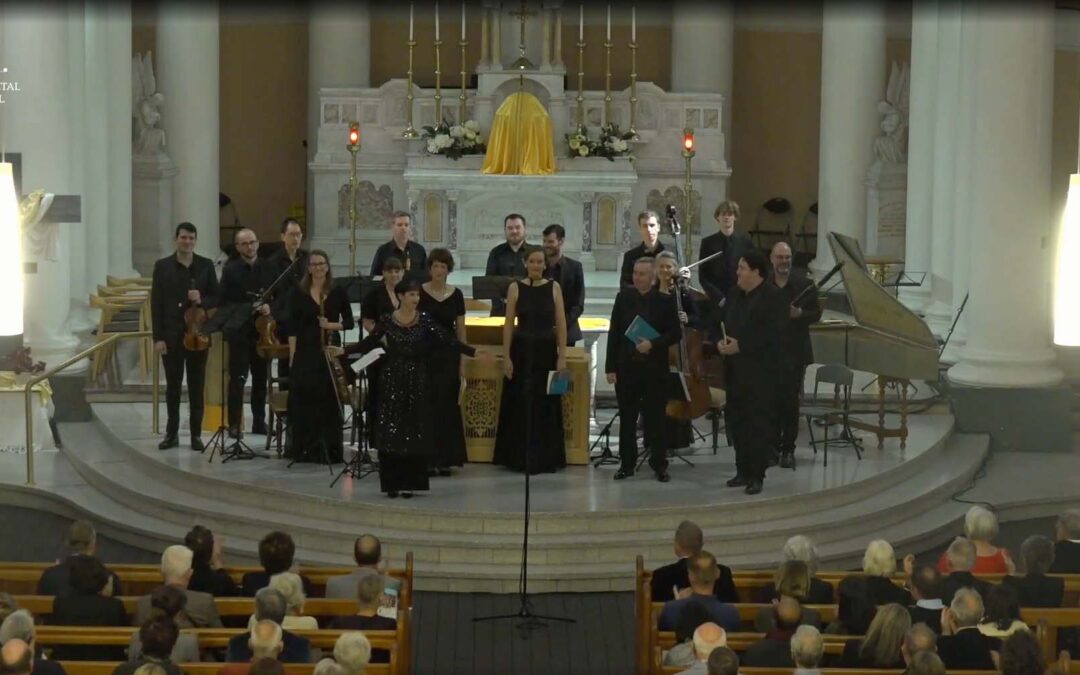As headlines roared about the UK election and the ongoing woeful Brexit saga, the 4MBS Festival of Classics concert Mozart and the English Bach, presented by the Queensland Choir and Sinfonia of St Andrew’s, celebrated an unshakeable historic British connection.
The artistic link between London and Salzburg was forged when Johann Christian Bach (the youngest of Johann Sebastian’s sons) and Wolfgang Amadeus Mozart met in London in 1764, during Mozart’s three-year grand tour.
Despite a twenty-year age difference, Bach and Mozart formed an influential, collaborative friendship – a bond that reaches down through the centuries. The programme highlighted the similarities in melodic form and style between the two composers.
The concert opened with the ever-popular Overture: Marriage of Figaro, one of Mozart’s most famous operatic pieces – a chance for the impressive Sinfonia of St Andrew’s to flex its virtuosic muscle. (Sinfonia, take a bow.)
As the affable Kevin Power introduced Johann Christian Bach’s Piano Concerto in E flat major, Op. 7 No. 5, he explained that the composer was one of the first to prefer the fortepiano over the harpsichord. Mr Power mentioned a harpsichord recording of the concerto that “sounds like a ukulele with a head cold.”
Although the cathedral’s utilitarian K. Kawai piano lacked some of the timbre and clarity of a premium concert grand, Power’s accurate, expressive interpretation and well-considered phrasing brought the best out of the instrument, and the concerto.
The melodic, playful piece showed JC Bach’s skill in composing what at the time would have been – and still is – a hummable, catchy tune. A meditative melody in the Adagio spun from the piano in a soprano-like ribbon. The Allegro, springtime to Adagio’s winter, bounded out of the blocks with enthusiasm and optimism. Pizzicato strings added a resonant vocal character echoing the piano solo. The music’s joyous enthusiasm and optimism led to much toe tapping and head nodding in the audience, an almost-full congregation.
The only work that Mozart composed to an English text, Motet – God is our Refuge is less-than two minutes long. The choir expressed the hopeful praise of the text through superbly layered harmonies that lingered with the last note, leaving the audience in reflective solemnity.
Magnificat in C by JC Bach opened with an attack of spine-tingling power from the choir. The soloists (Amy Wilkinson, soprano; Melissa Gregory, mezzo-soprano; Iain Henderson, tenor; Guy Booth, baritone) complemented the chorus with aplomb. At times, the architectural acoustics sent the soloists’ voices drfiting heavenwards while the choir’s sound enveloped the audience. The rousing hymn concluded with the Amen, delivering a soaring finish.
Mozart’s last unfinished major work, Requiem in D minor, K.626 is one of classical music’s most existentially soothing compositions – a gentle touch of sympathy during moments of despair. The warm sound and precise timing of the choir blended seamlessly with the Sinfonia’s playing.
In the Sequentia movement, Dies irae burst onto the scene like a defiant foot-stamp; the brass section called the Tuba mirum with plaintive resonance; strings scythed their way into the Rex tremendae; the Confutatis delivered a well-balanced contrast between the choir’s booming bass and ethereal soprano registers. Lacrymosa, one of the most sublime moments, was handled beautifully, with control and communication flowing between Mr Power, the choir and the Sinfonia, delivering a goosebump-inducing performance.
While adding a touch of set-designed historical authenticity to the music, the austere gothic-revival interior of the Cathedral of St Stephen is better suited to congregations and sermons than orchestral instruments or soloists. Unadorned concrete surfaces and vaulted archways create a disorientating, reverberative echo.
However, the echo-acoustic effect worked favourably for the orchestral instruments, particularly those in the lower-register, adding a framework of subwoofer-like resonance. It also benefitted the choir, bolstering its sound as if amplified.
It’s obvious that hard work and long rehearsal hours are rewarding the Queensland Choir, which presents as a team of dedicated singers determined to perform with emotion and rich expression. (Choir, take a bow.)
Review for:
![]() 4MBS Festival of Classics: The Mozart Requiem & English Bach | Friday 9 June, 2017 | Cathedral of St Stephen
4MBS Festival of Classics: The Mozart Requiem & English Bach | Friday 9 June, 2017 | Cathedral of St Stephen![]()


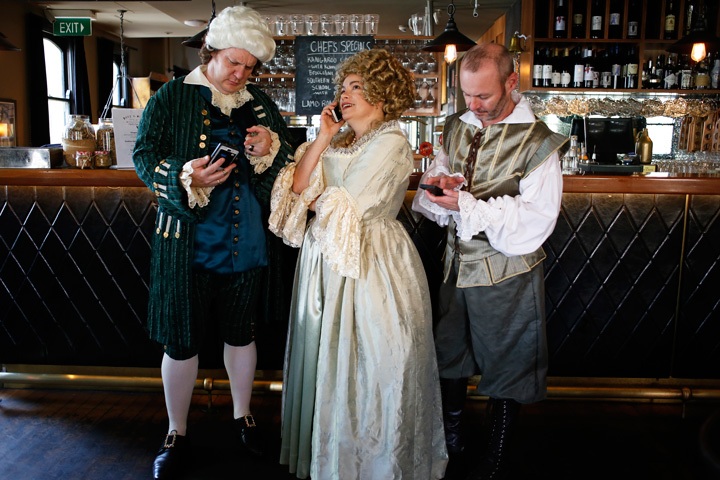







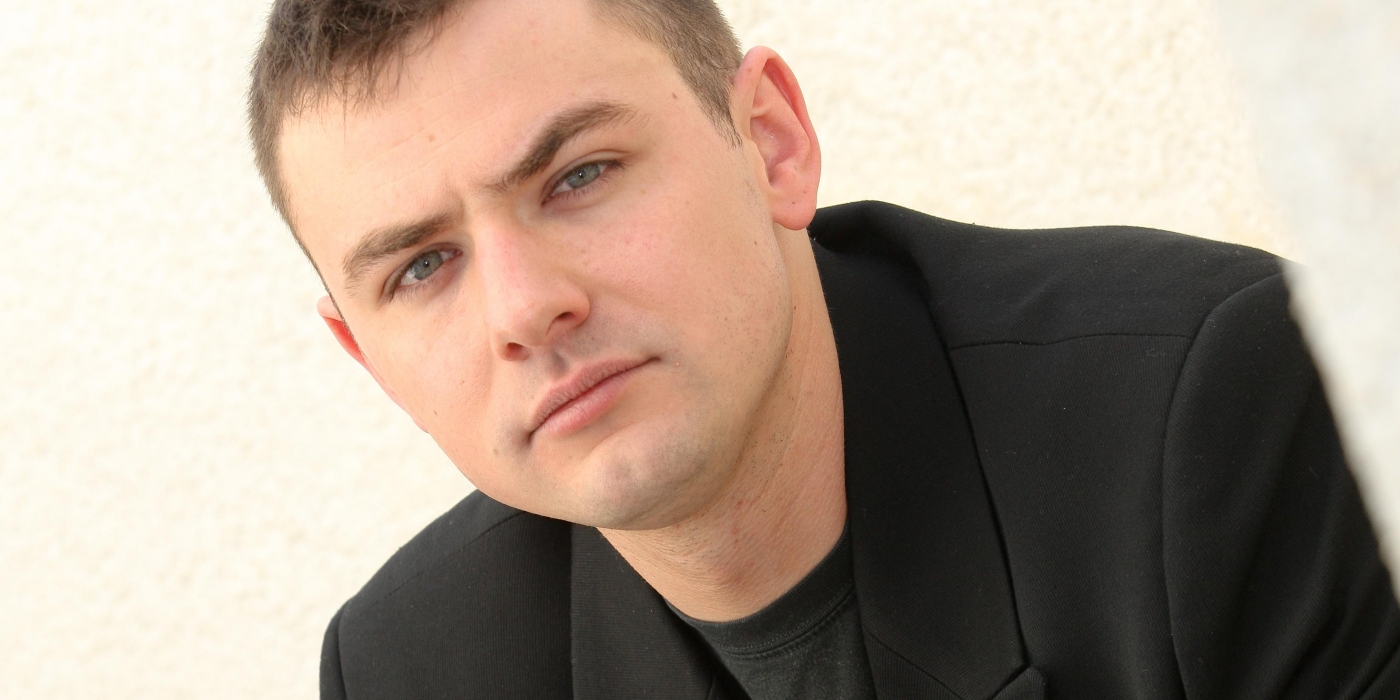


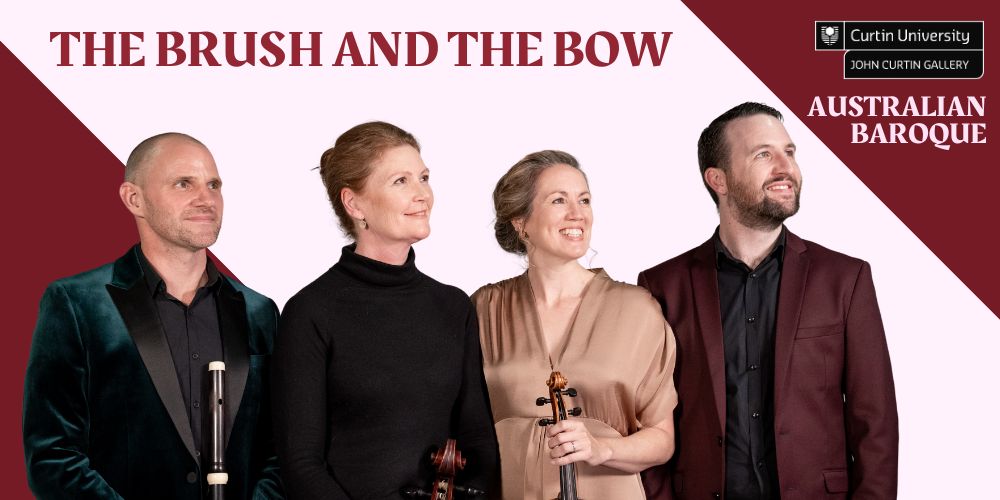
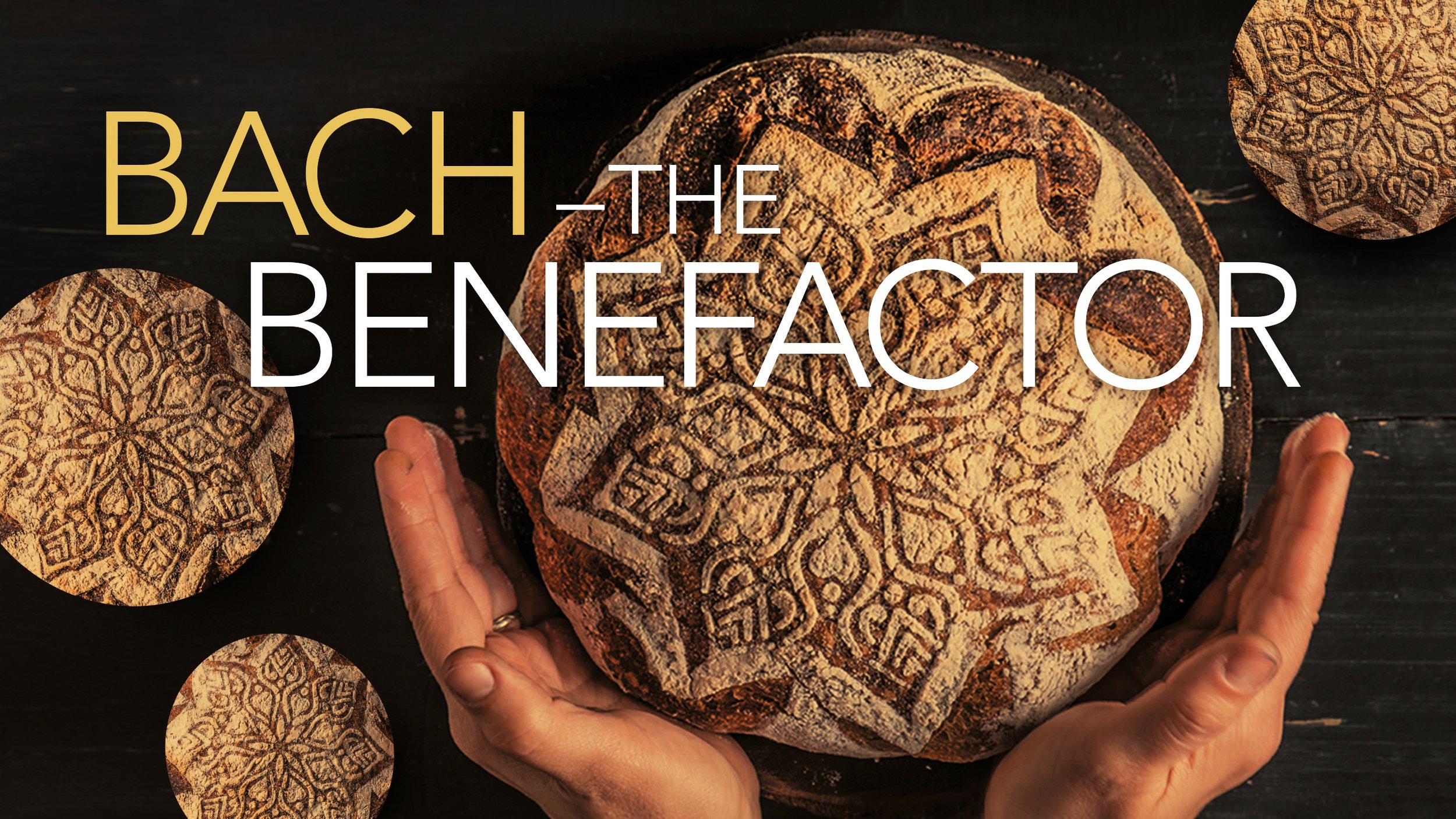




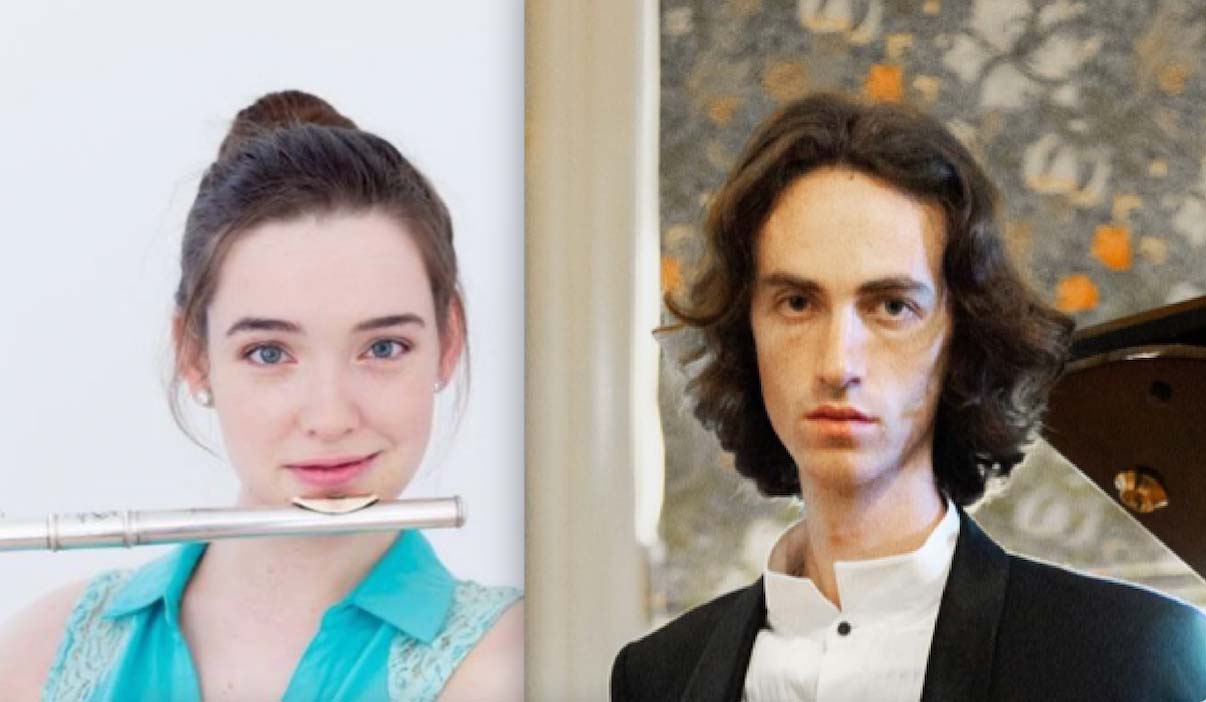
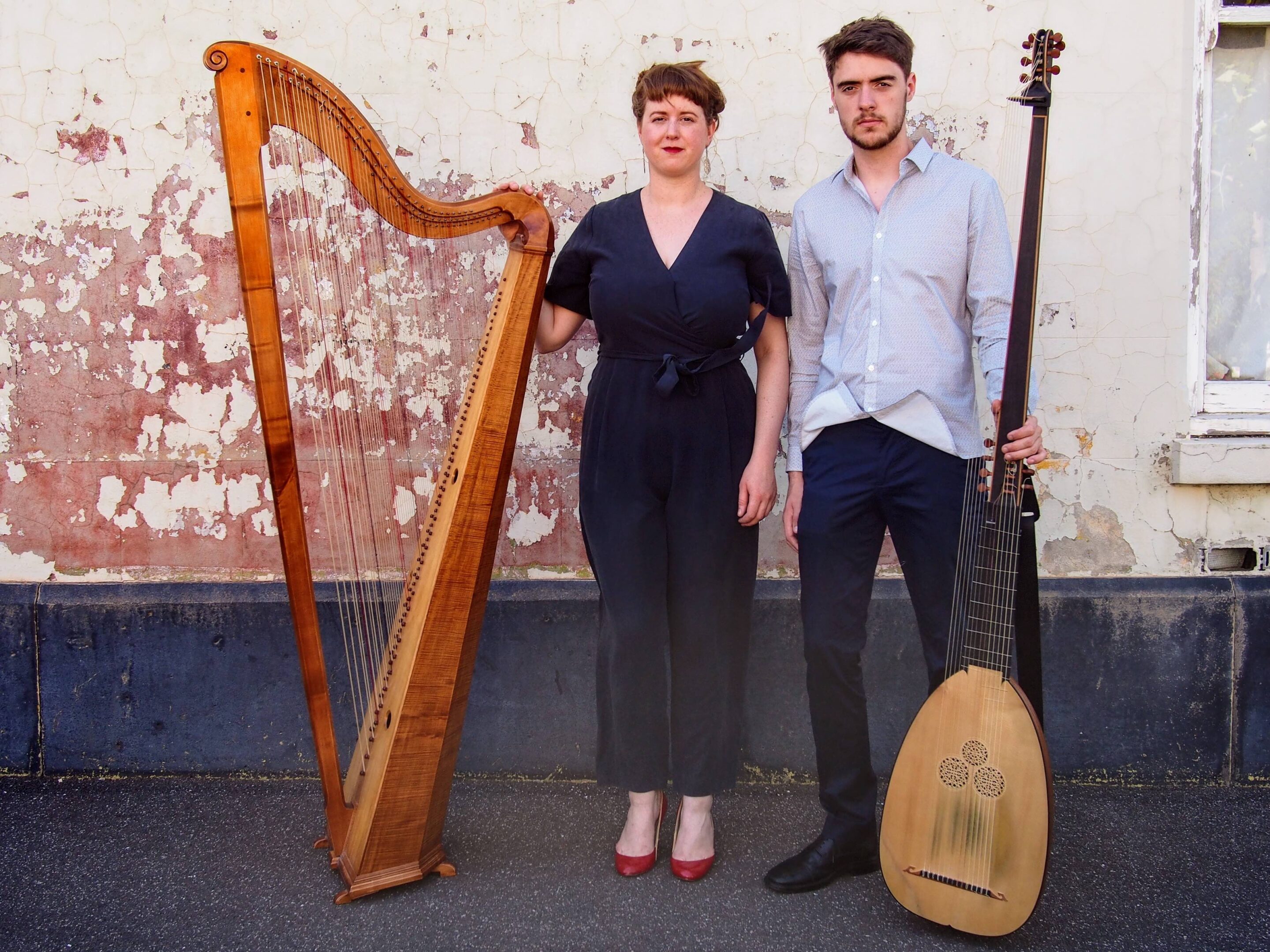

![user222 mrc mostlymozart [glass harmonica] user222 mrc mostlymozart [glass harmonica]](https://cdn-classikon.b-cdn.net/wp-content/uploads/2024/02/user222-mrc_mostlymozart_glass_harmonica.png)
